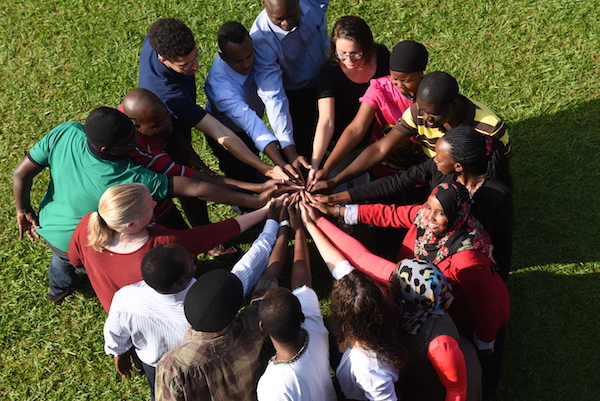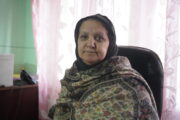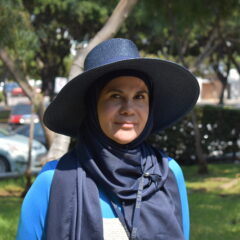CRCC’s Executive Director Brie Loskota advised Manal Omar on her piece on countering the Islamic State in Foreign Policy. In the article, Omar refers to Loskota’s interview with terrorist attack survivor, Ndugwa Hassan.
An excerpt from the article:
When Ndugwa Hassan joined his friends on July 11, 2010, at the Kyadondo Rugby Club in Kampala, Uganda, he did not know his life was about to change forever. He was there to watch the World Cup final between the Netherlands and Spain, which was being broadcast from Johannesburg; white chairs covered the rugby pitch where the crowd viewed the two teams on a giant screen. But as the game closed on the 90th minute, two explosions rocked the field in quick succession, killing dozens. The militant Islamist group al-Shabab had targeted the gathering, along with a restaurant elsewhere in the Ugandan capital, in a coordinated suicide bombing. It was the group’s first attack outside its home base of Somalia. At final count, 74 people were dead.
Hassan walked away from the carnage feeling numb. It was not until he saw news reports on television two days after the incident, and al-Shabab’s claim to be acting based on Islamic values, that he realized what he wanted to do: combat the people who had hijacked the religion he loved in order to justify violence.
…
In an interview with Brie Loskota, the managing director of the Center for Religion and Civic Culture at the University of Southern California and a trainer with the U.S. Institute of Peace’s Generation Change project, which works with UMYDF, Hassan explained his thinking after the Uganda attack. “All suspects and accomplices were Muslim youth. I was so puzzled and asked myself so many questions,” he said. “Why would people believe that when you kill someone you get a passport to heaven? Why would a young person be lured into acts of terrorism? Why does a 17-year-old boy in a tough neighborhood join a gang? Why does a high school student in a quiet town sign on to terrorism groups who preach supremacy? Why does a young woman abandon her family and future and become a suicide bomber?”
Click here to read the full article.
Photo from US Institute of Peace’s Generation Change. Read more about the program here.







